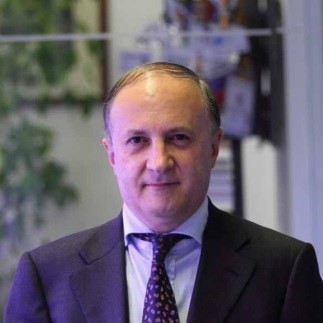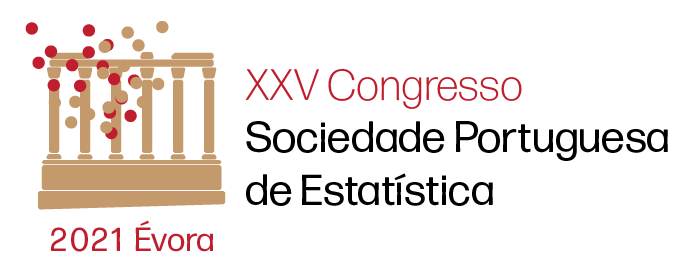
Anthony Davison
École Polytechnique Fédérale de Lausanne, Switzerland
Anthony Davison is Professor of Statistics at École Polytechnique Fédérale de Lausanne. He was educated at the University of Oxford and Imperial College London, and held positions at both universities and at the University of Texas at Austin before moving to his present position in 1996. His research has ranged broadly in statistical theory and methods, with a particular emphasis on resampling methods, likelihood asymptotics and the statistics of extremes. Among his editorial roles are Editor of Biometrika from 2008-2017 and Joint Editor of Journal of the Royal Statistical Society, series B. He is a Fellow of the American Statistical Association and of the Institute of Mathematical Statistics, has been an IMS Medallion Lecturer, has received the Guy Medal in Silver from the Royal Statistical Society, and was awarded a laurea honoris causa in statistical science by the University of Padova.

António Pacheco Pires
Instituto Superior Técnico, Universidade de Lisboa, Portugal
António Pacheco Pires is a Statistician & Data Scientist, Full Professor in Probability & Statistics at Instituto Superior Técnico—Universidade de Lisboa, President of CEMAT (Center for Computational and Stochastic Mathematics), and Topic Editor of Entropy. He holds a PhD in Operations Research from Cornell University, an MSc in Applied Mathematics from Instituto Superior Técnico, and a BSc in Probability & Statistics from Faculdade de Ciências – Universidade de Lisboa. He has been involved in teaching, research and consulting, and collaborated in national and international projects/consortiums. In particular, he has developed research in several topics in Applied Probability & Statistics, including educational data mining, feature selection, intelligent traffic systems, Markovian systems, queueing systems, telecommunications networks, statistical process control, stochastic models of computing, and stochastic ordering.

Genevera Allen
Rice University, Houston, USA
Genevera Allen is an Associate Professor of Electrical and Computer Engineering, Statistics and Computer Science at Rice University and an investigator at the Jan and Dan Duncan Neurological Research Institute at Texas Children’s Hospital and Baylor College of Medicine. She is also the Founder and Faculty Director of the Rice Center for Transforming Data to Knowledge, informally called the Rice D2K Lab. Dr. Allen’s research focuses on developing statistical machine learning tools to help scientists make reproducible data-driven discoveries. Her work lies in the areas of interpretable machine learning, optimization, data integration, modern multivariate analysis, and graphical models with applications in neuroscience and bioinformatics.
Dr. Allen is the recipient of several honors including a National Science Foundation Career award, Rice Engineering’s Research and Teaching Excellence Award and Curriculum Innovation Award, and in 2014, she was named to the “Forbes ’30 under 30′: Science and Healthcare” list. Dr. Allen received her PhD in statistics from Stanford University (2010), under the mentorship of Prof. Robert Tibshirani, and her bachelors, also in statistics, from Rice University (2006).

Maurizio Sanarico
SDG Group, Milan, Italy
Maurizio Sanarico has background in pure mathematics and more than 30 years’ experience working at the intersection of statistics, applied math, operating research and artificial intelligence—both in research and in business contexts. He worked in many applied fields including epidemiology and health care analytics, bioengineering, genomics, analytics in pharma for R&D (covering the full cycle going from drug discovery to pharmacovigilance), marketing research, financial markets, energy, luxury and retail analytics. At SDG he contributed to form the data science practice and currently he is the Chief Data Scientist. He was also involved as Chief Data Scientist in the start-up company KeyCrime, where SDG is an investor. The current research topics in which he is involved are applying Topological Data Analysis to whole exome sequence (WES) data, and the integration of human knowledge into artificial intelligence and machine learning models. He is invited speaker at various international scientific events.
